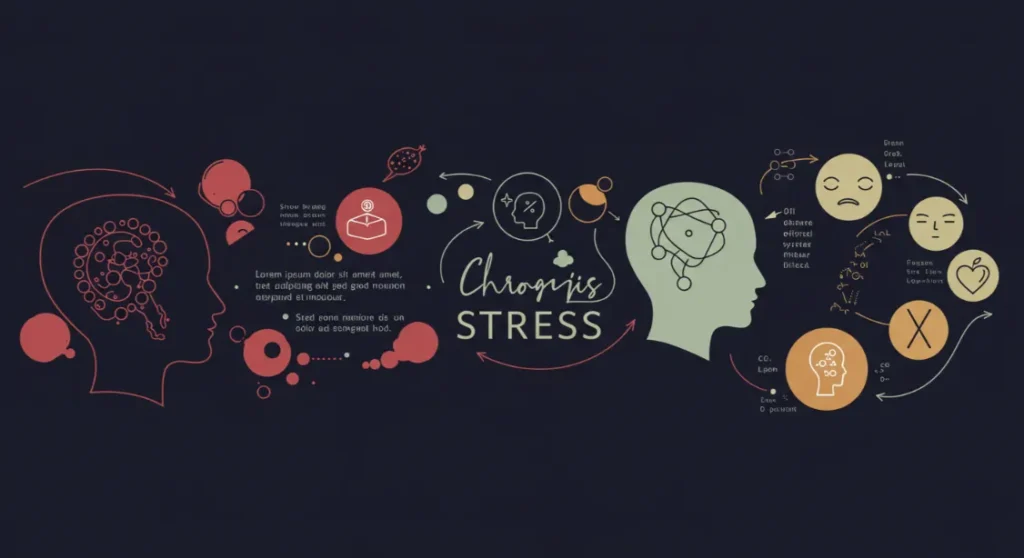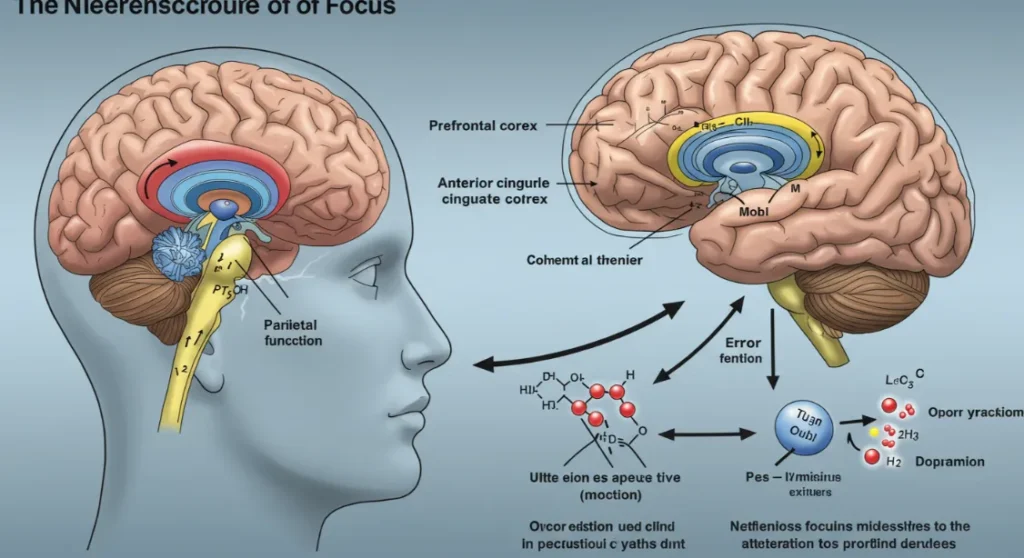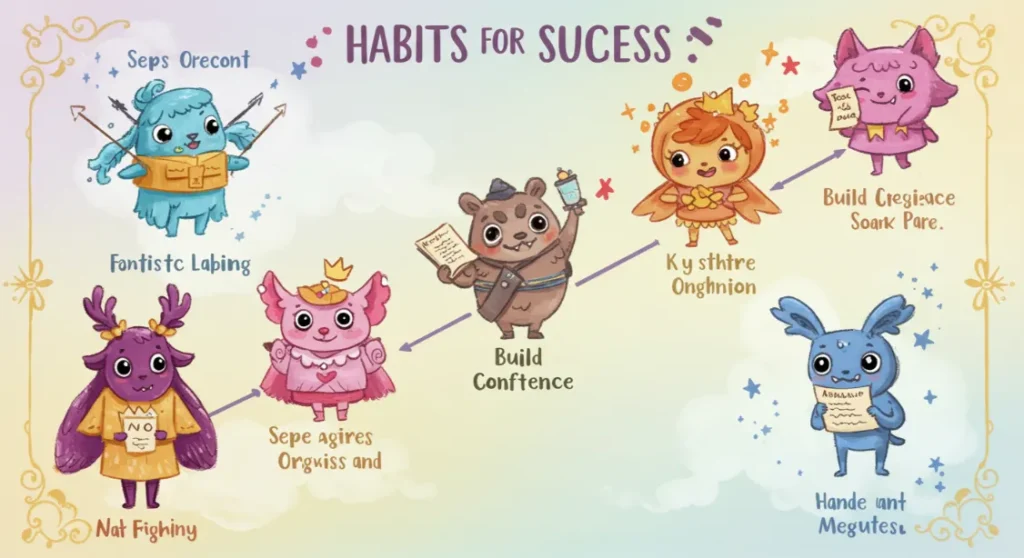Ever felt like your thoughts were a tangled mess, impossible to sort out? You’re not alone. There’s a simple tool that can improve your mental health and physical well-being.There’s a simple tool that can improve your mental health and physical well-being. Enter journaling—the unsung hero of personal growth.
Did you know that just 15-20 minutes of journaling a day can reduce stress, improve immune function, and even help wounds heal faster? It’s true! A study from the University of Auckland found that participants who wrote about their experiences for 20 minutes daily healed their wounds 76% faster than those who didn’t write. Now that’s something to write home about!
Key Takeaways
- Journaling for just 15-20 minutes a day can significantly reduce stress and anxiety.
- Regular journaling can boost immune function and even speed up physical healing.
- Different journaling techniques cater to various needs and preferences.
- Consistent journaling can improve emotional intelligence and decision-making skills.
- Journaling helps in goal-setting and tracking personal growth over time.
- The practice of journaling can lead to increased self-awareness and mindfulness
The Power of Pen and Paper (or Keyboard and Screen)
Remember when you were a kid, and you’d pour your heart out into a diary, complete with a tiny lock and key? Well, it turns out your younger self was onto something big. Journaling isn’t just for angsty teens or aspiring writers; it’s a powerful tool for anyone looking to improve their mental clarity and overall well-being. But what exactly makes journaling so magical? Let’s break it down:
1. Stress Buster Extraordinaire

You know that feeling when your mind is racing with a million thoughts and you just can’t seem to calm down? Journaling is like a pressure release valve for your brain. By putting your thoughts on paper (or screen), you’re giving them a place to exist outside of your mind. This simple act can significantly reduce stress and anxiety. A study published in the Journal of Experimental Psychology found that writing about worries and concerns before a stressful task could help improve performance by freeing up cognitive resources. So, the next time you’re feeling overwhelmed, try jotting down your thoughts – it might just be the stress-buster you need!
2. Emotional intelligence booster

Ever feel like you’re on an emotional rollercoaster, not quite sure why you’re feeling what you’re feeling? Journaling can help with that too. By regularly writing about your emotions, you’re essentially giving yourself a crash course in emotional intelligence. Over time, you’ll start to notice patterns in your emotional responses, helping you understand yourself better. This increased self-awareness can lead to better decision-making and improved relationships. It’s like having a personal therapist, available 24/7!
3. Goal-Setting Supercharger
Want to achieve your goals but not sure where to start? Journaling has got your back. Writing down your goals makes them more concrete and increases your commitment to achieving them. Plus, regularly journaling about your progress can help you stay motivated and on track. A study in the British Journal of Health Psychology found that people who wrote down their goals and shared them with a friend were 33% more successful in achieving them than those who didn’t. So, grab that journal and start plotting your path to success!
Journaling Techniques: Find Your Perfect Match
Now that we’ve covered why journaling is so awesome, let’s talk about how to do it. There’s no one-size-fits-all approach to journaling; it’s all about finding what works best for you. Here are some popular techniques to try:
1. Gratitude Journaling
This technique involves writing down things you’re grateful for each day. It’s a great way to shift your focus to the positive aspects of your life and can significantly boost your mood and overall happiness.
2. Bullet Journaling
Perfect for the organizationally challenged (no judgment here!), bullet journaling combines to-do lists, scheduling, and note-taking in one customizable system. It’s a great way to stay focused and productive.
3. Stream of consciousness writing

This is the “no rules” approach to journaling. Just write whatever comes to mind without worrying about grammar, punctuation, or even making sense. It’s a great way to clear your mind and tap into your subconscious.
| Journaling Technique | Best For | Time Commitment |
|---|---|---|
| Gratitude Journaling | Boosting mood and positivity | 5-10 minutes daily |
| Bullet Journaling | Organization and productivity | 15-30 minutes daily |
| Stream of Consciousness | Clearing mind and reducing anxiety | 10-20 minutes as needed |
Getting Started: Your Journaling Journey Begins
Ready to dive into the world of journaling? Here are some tips to help you get started and stay on track:
- Choose your medium: Decide whether you prefer writing by hand or typing. Both have their benefits, so pick what feels most natural to you.
- Set a regular time: Try to journal at the same time each day to build a habit. Many people find journaling first thing in the morning or right before bed works well.
- Start small: Don’t pressure yourself to write pages and pages. Even just a few sentences a day can be beneficial.
- Use prompts: If you’re not sure what to write about, try using journaling prompts. There are tons of resources online for inspiration.
- Be honest: Your journal is for your eyes only, so don’t hold back. The more honest you are, the more you’ll benefit from the practice.
Remember, there’s no “right” way to journal. It’s all about what works for you. So experiment, have fun, and don’t be afraid to switch things up if one method isn’t working.
The Science Behind the Magic

Now, I know what you might be thinking: “This all sounds great, but where’s the proof?” Well, science has got your back on this one. Numerous studies have shown the benefits of journaling for both mental and physical health. A study published in the journal Advances in Psychiatric Treatment found that expressive writing (a form of journaling) can lead to:
- Fewer stress-related visits to the doctor
- Improved immune system functioning
- Reduced blood pressure
- Improved lung function
- Improved liver function
- Fewer days in hospital
- Improved mood/affect
- Feeling of greater psychological well-being
- Reduced depressive symptoms before examinations
- Fewer post-traumatic intrusion and avoidance symptoms
Pretty impressive, right? But wait, there’s more!
| Health Benefit | Percentage Improvement |
|---|---|
| Stress Reduction | Up to 37% |
| Immune Function | Up to 50% |
| Mood Improvement | Up to 28% |
These numbers aren’t just pulled out of thin air; they’re based on various scientific studies. For example, a study published in the Journal of Experimental Psychology found that expressive writing reduced intrusive and avoidant thoughts about negative events and improved working memory. So, when we say journaling can change your life, we’re not exaggerating. It’s a powerful tool backed by solid scientific evidence.
Overcoming Journaling Roadblocks

Of course, like any new habit, journaling can come with its challenges. Here are some common roadblocks and how to overcome them:
- “I don’t have time”: Remember, even 5 minutes a day can be beneficial. Try integrating journaling into your existing routine, like during your morning coffee or before bed.
- “I don’t know what to write”: Start with simple prompts or try stream of consciousness writing. The important thing is to start writing, not what you write about.
- “I’m not a good writer”: Journaling isn’t about perfect grammar or flowery prose. It’s about expressing yourself. No one else needs to read it, so don’t worry about how it sounds.
- “I can’t stick to it”: Don’t beat yourself up if you miss a day (or several). Just pick up where you left off. Consistency is key, but perfection isn’t necessary.
- “It’s not working”: Give it time. The benefits of journaling often build up over weeks or months. If one technique isn’t working for you, try another.
Remember, journaling is a personal practice. It’s all about finding what works for you and making it a habit.
Conclusion: Your Journey Awaits

Journaling is more than just putting pen to paper or fingers to keyboard. It’s a powerful tool for self-discovery, stress reduction, and personal growth. Whether you’re looking to boost your productivity, improve your mental health, or simply understand yourself better, journaling can help.
So why not give it a try? Start small, be consistent, and most importantly, be kind to yourself. Your journaling journey is unique to you, and there’s no right or wrong way to do it. Remember, every great journey begins with a single step—or, in this case, a single word.
So grab that pen, open that notebook, and start writing. Your future self will thank you.
Resources
- The Health Benefits of Journaling – American Psychological Association
- Journaling for Mental Health – University of Rochester Medical Center
- The Psychological Benefits of Writing – Psychology Today
- How to Journal for Better Mental Health Well Mind
- Journaling Techniques and Tips – Positive Psychology
- The Science Behind Expressive Writing – Scientific American